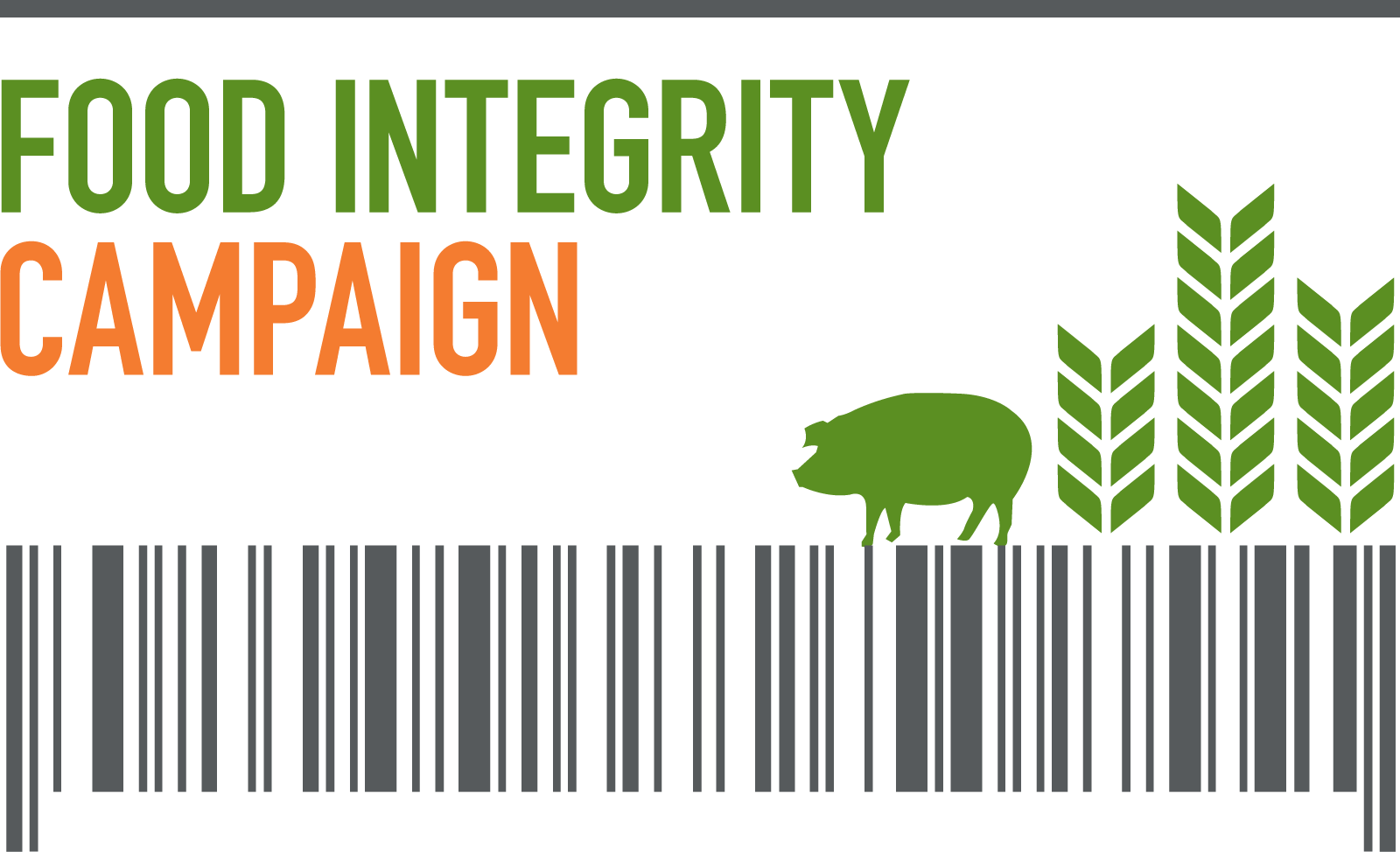
Food Integrity Campaign | November 30, 2020
In the final weeks of the Obama Administration, USDA releases a reduced set of three rules, known now as the “Farmer Fair Practice Rules” that center on key issues from the original 2008 Congressional mandate in the Farm Bill. These include issues like ensuring that farmer pay is fairly calculated, and ensuring that companies cannot retaliate against farmer whistleblowers for speaking out about industry conditions.
Food Integrity Campaign | November 30, 2020
An episode of the popular Last Week Tonight with John Oliver exposes the undemocratic GIPSA Rider corruption, calling out individual lawmakers for the first time in a widespread public platform.
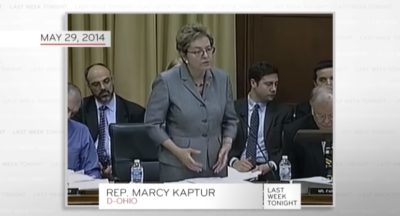
Food Integrity Campaign | November 25, 2020
Sensing that regulation was inevitable, industry lobbyists took a back-door approach to block these rules from becoming law. For five years in a row the industry heavily lobbied individual members of Congress to add the infamous “GIPSA Riders” into the budget appropriations process, preventing USDA from releasing the rules.
Food Integrity Campaign | November 24, 2020
USDA releases a set of draft rules for public comment, based on the 2008 mandate from Congress. Often referred to as the “GIPSA Rules,” they receive over 61,000 comments, the majority in support of the rules, many coming directly from farmers and ranchers themselves.
Food Integrity Campaign | November 24, 2020
In the 2008 Farm Bill, Congress responded to outcry from farmers, ranchers, and farm advocates, and demanded that USDA develop new rules to clarify the PSA. Ensuring that the protections for farmers and ranchers would be enforced in today’s modern industry climate.
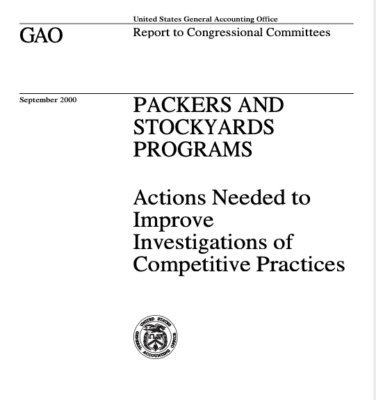
Food Integrity Campaign | November 24, 2020
The Government Accountability Office (GAO) released a report highlighting several failures of Grain Inspection, Packers and Stockyards Administration (GIPSA) to protect farmers under the 1921 Packers and Stockyards Act (PSA). These included failure to investigate farmer cases, and failure to investigate companies’ anti-competitive practices.
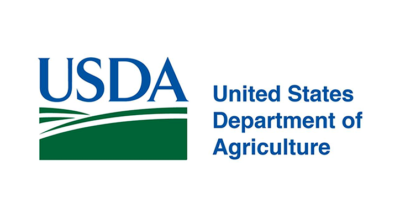
Food Integrity Campaign | November 24, 2020
Despite the existence of the PSA laws, the increasing power of major meat companies takes a toll and decades passed in which USDA lacked political will to enforce these laws on behalf of farmers and ranchers. The agency responsible for enforcing the PSA was at this time GIPSA.
Food Integrity Campaign | November 24, 2020
The CAFO boom contributes to rapid concentration in the industry, as farms get bigger and fewer in number. Companies increasingly become “vertically integrated” – meaning they own every aspect of the production chain, except the farm itself, from hatching the chicks and producing the feed to slaughtering, packaging and branding the final product.

Food Integrity Campaign | November 24, 2020
Technology drives forward a new trend of widespread concentration in meat and poultry. The “Confined Animal Feeding Operation” or CAFO starts to take hold across these industries. A CAFO is an enclosed house where livestock and poultry are kept, watered, and fed, and enables thousands of animals to be housed in a small amount of space.
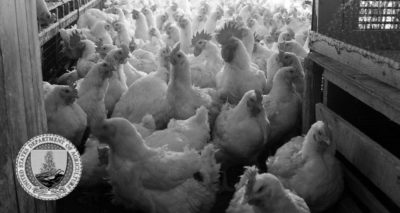
Food Integrity Campaign | November 24, 2020
Following pressure from farmers and their advocates, live poultry dealers are added to the Packers and Stockyards Act, giving USDA authority to also oversee big companies’ practices in the chicken industry.
